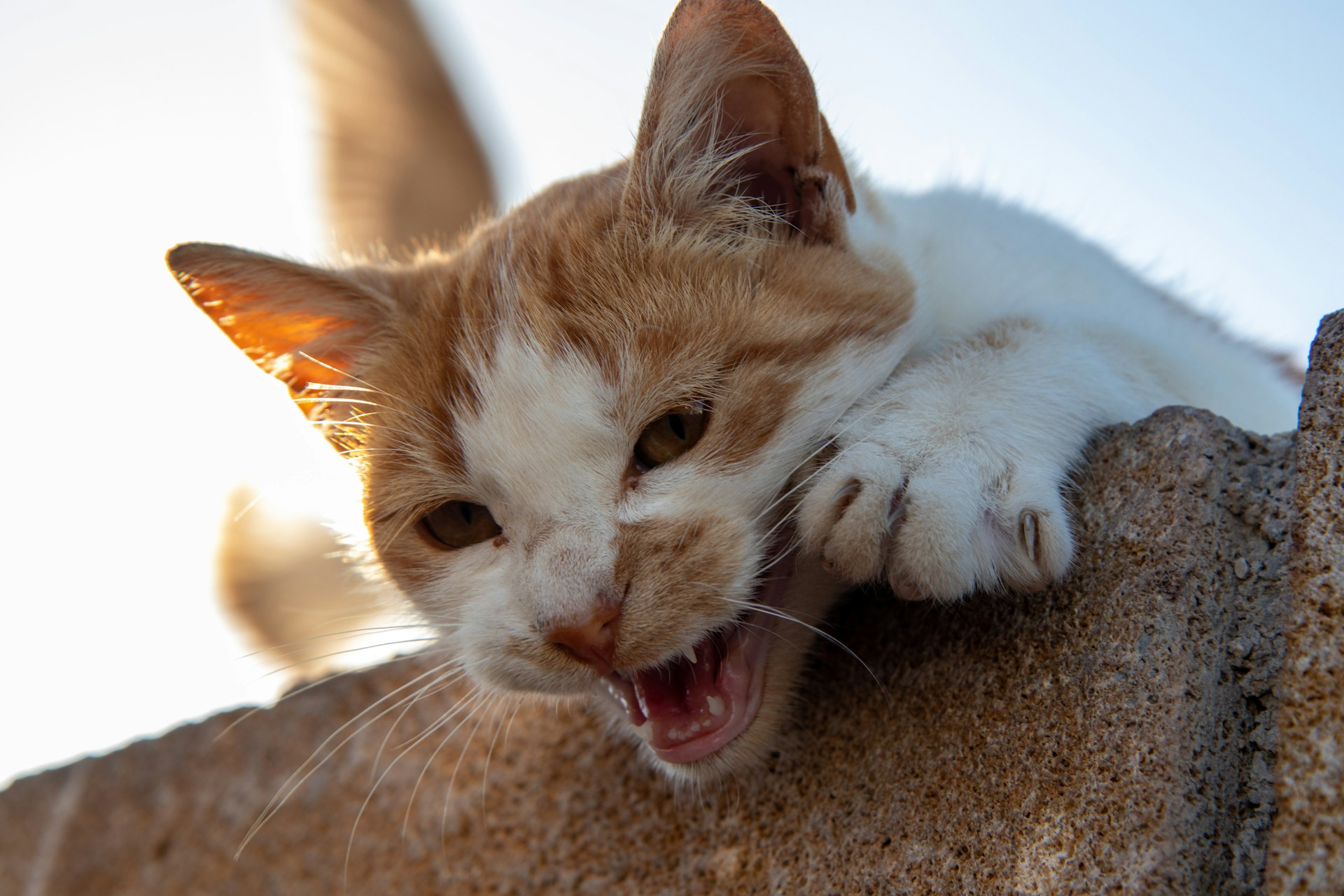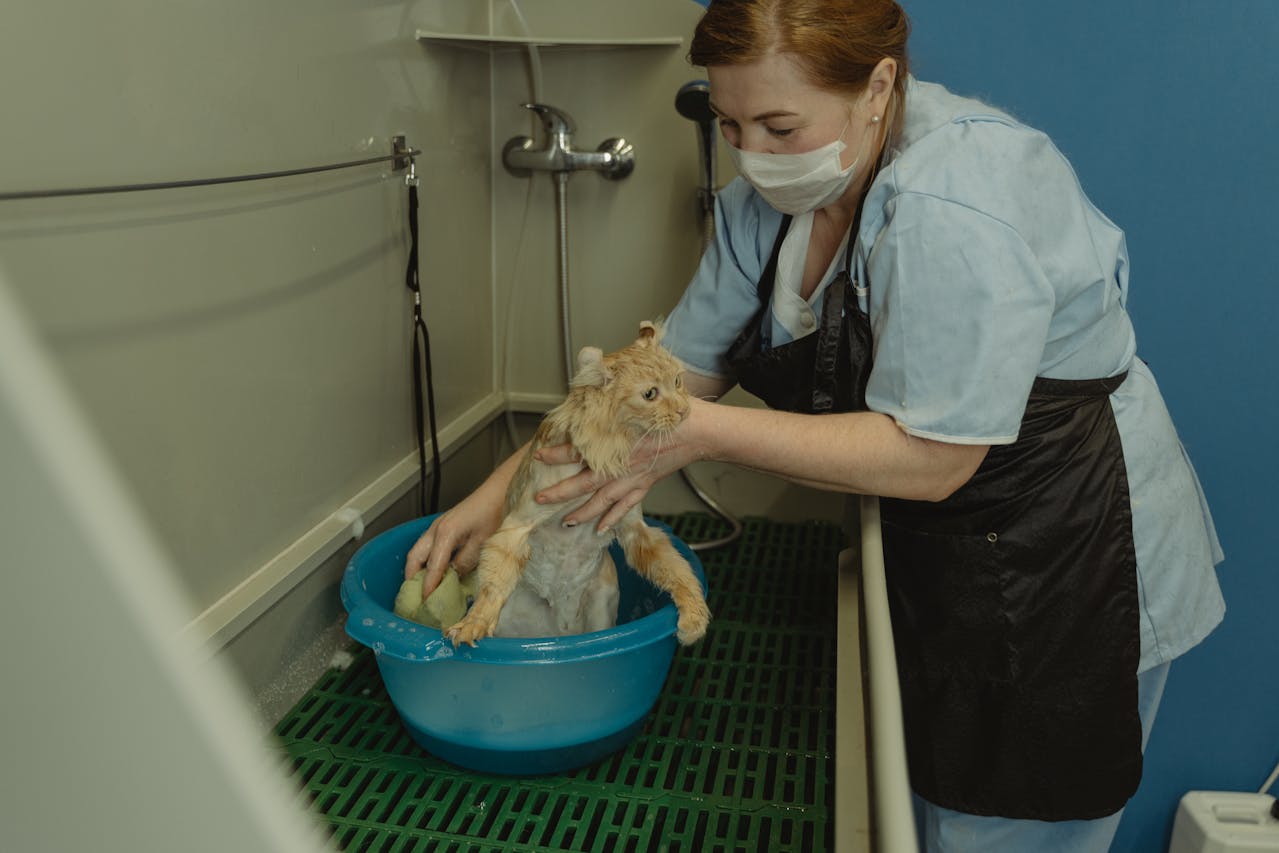Allergic Reactions to Pet Vaccines: What Every Pet Owner Should Know

Here’s a simple guide to understanding how vaccines work, the signs of an allergic reaction, and what to do if your pet experiences one.
How Do Vaccines Work?
Vaccines are designed to prepare your pet’s immune system to recognize and fight off harmful viruses and bacteria. They contain tiny, harmless parts of these germs, which trigger your pet’s immune system to create protective antibodies and memory cells. This “memory” allows their immune system to respond quickly if they ever encounter the real thing.
It’s common for pets to feel a bit tired or sore after a vaccination—usually lasting about 24 hours. This is a normal response, indicating that their immune system is working hard to build protection.
Signs of an Allergic Reaction to Vaccines
Although rare, some pets can have allergic reactions to vaccines. Reactions can occur right away or even up to 48 hours after the shot. It's more likely to happen after booster shots rather than the very first vaccine since the immune system needs to recognize the vaccine to overreact.
Symptoms to Watch For:
-
Vomiting or diarrhea within hours of vaccination.
-
Swelling around the eyes, muzzle, or ears.
-
Hives or bumps appearing on the body.
If you notice any of these signs or if your pet seems unwell, contact your veterinarian immediately. Severe reactions, like anaphylaxis where a pet collapses or shows extreme symptoms, are incredibly rare but require urgent care.
How Are Allergic Reactions Diagnosed and Treated?
Most of the time, your vet can diagnose a vaccine reaction based on your pet’s symptoms and the timing of the vaccination. Treatment depends on the severity of the reaction:
-
Mild to Moderate Reactions: Treated with antihistamines or cortisone injections.
-
Severe Reactions: May require epinephrine, IV fluids, and close monitoring.
Fortunately, the outlook for pets who experience vaccine reactions is generally very good, with most making a full recovery.
Are Some Vaccines More Likely to Cause Reactions?
There were past concerns about the Leptospirosis vaccine causing more reactions in dogs, but recent studies suggest it’s not as risky as once believed. However, some veterinarians still prefer to avoid it in certain pets.
In cats, vaccines like FeLV or rabies can sometimes cause localized inflammation at the injection site. While this isn’t an allergic reaction, it’s something your vet will monitor.
Are Some Pets More Likely to Have Reactions?
While no particular breed is more prone to vaccine reactions, smaller pets are generally more sensitive to receiving multiple vaccines at once. Bigger dogs tend to tolerate multiple shots better than smaller dogs or cats.
It’s a common misconception that giving a smaller dose of the vaccine helps. The immune system reacts to the vaccine itself, not the size of the dose—just like a peanut allergy isn’t safer with half a peanut.
What If Your Pet Has Had a Reaction Before?
If your pet has experienced a vaccine reaction in the past, your vet will make note of it and take precautions in the future. This could include spacing out vaccines, avoiding certain components, or even giving your pet anti-inflammatory medicine before vaccination.
For vaccines required by law, like rabies, your vet can help you navigate exemptions if needed.
Final Thoughts
Allergic reactions to vaccines are rare but being aware of the signs can make all the difference. Always keep an eye on your pet after vaccination and don’t hesitate to reach out to your vet if something doesn’t seem right. Your vet will help you create the best vaccination plan based on your pet’s unique needs and lifestyle.
Get insurance plans with wide-ranging coverage options













